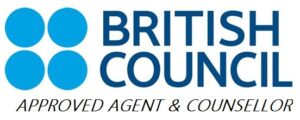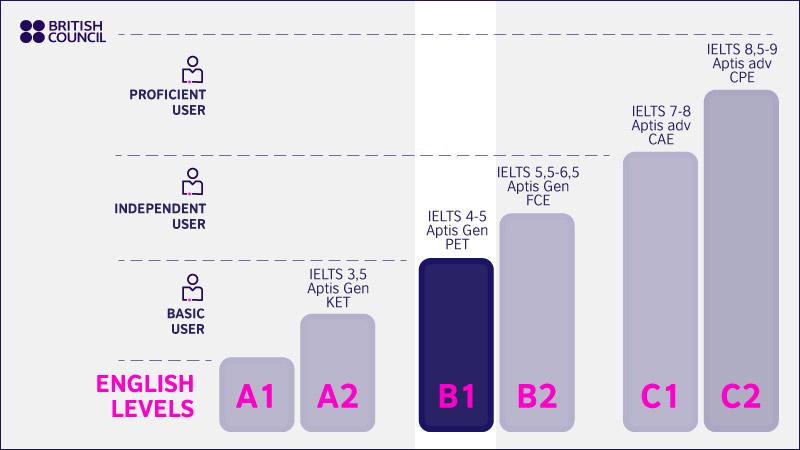The ICM Advanced Diploma in Accounting & Finance is awarded on completion of all Part 1, Part 2 and Part 3 subjects.
Introduction to Auditing
The why of auditing
Auditing and the Companies Act
Rights and duties
The Companies Act
Accounting records
Accounting requirements of the Companies Act
Professional Rules
Standards and guidelines
Accounting standard
Professional conduct/ethical principles
Letters of representation/engagement
The Conduct of the Audit
Accounting systems
Internal controls
Audit testing
Sampling and analysis review techniques
Working papers
Reports to directors
Errors and frauds
Audit Evidence
Evidence
The audit of assets
The audit of liabilities
Risk
Methods/techniques
Reliance on other specialists/auditors’ expert
Review of Financial Statements
Final review
True and fair view
The Management letter
The Auditors’ Report
Auditors’ report
Qualified reports
Subsequent events (post balance sheet events)
Going concern
Planning and Control of Audits
Planning
Quality control
Auditors and the Law
Auditors’ liability
Unlawful acts of clients and their staff
Income Tax
General principles
Administration
Personal allowances
Allowable expenses
Pension contribution allowances
PAYE – basic principles
Corporation Tax
General principles
Capital allowances
The why of auditing
Auditing and the Companies Act
Rights and duties
The Companies Act
Accounting records
Accounting requirements of the Companies Act
Professional Rules
Standards and guidelines
Accounting standard
Professional conduct/ethical principles
Letters of representation/engagement
The Conduct of the Audit
Accounting systems
Internal controls
Audit testing
Sampling and analysis review techniques
Working papers
Reports to directors
Errors and frauds
Audit Evidence
Evidence
The audit of assets
The audit of liabilities
Risk
Methods/techniques
Reliance on other specialists/auditors’ expert
Review of Financial Statements
Final review
True and fair view
The Management letter
The Auditors’ Report
Auditors’ report
Qualified reports
Subsequent events (post balance sheet events)
Going concern
Planning and Control of Audits
Planning
Quality control
Auditors and the Law
Auditors’ liability
Unlawful acts of clients and their staff
Income Tax
General principles
Administration
Personal allowances
Allowable expenses
Pension contribution allowances
PAYE – basic principles
Corporation Tax
General principles
Capital allowances
Note: Examination Format – The Auditing questions will account for a minimum of 70% and a maximum of 75% of the marks available. The Taxation questions will account for a minimum of 25% and a maximum of 30% of the marks available. The Taxation questions will, in general terms, be based on some elements of UK taxation.
Join all the International Students Enjoying Pinnacle Education Services now
Become Part of Amofahba Pinnacle Family to Further Your Career.


